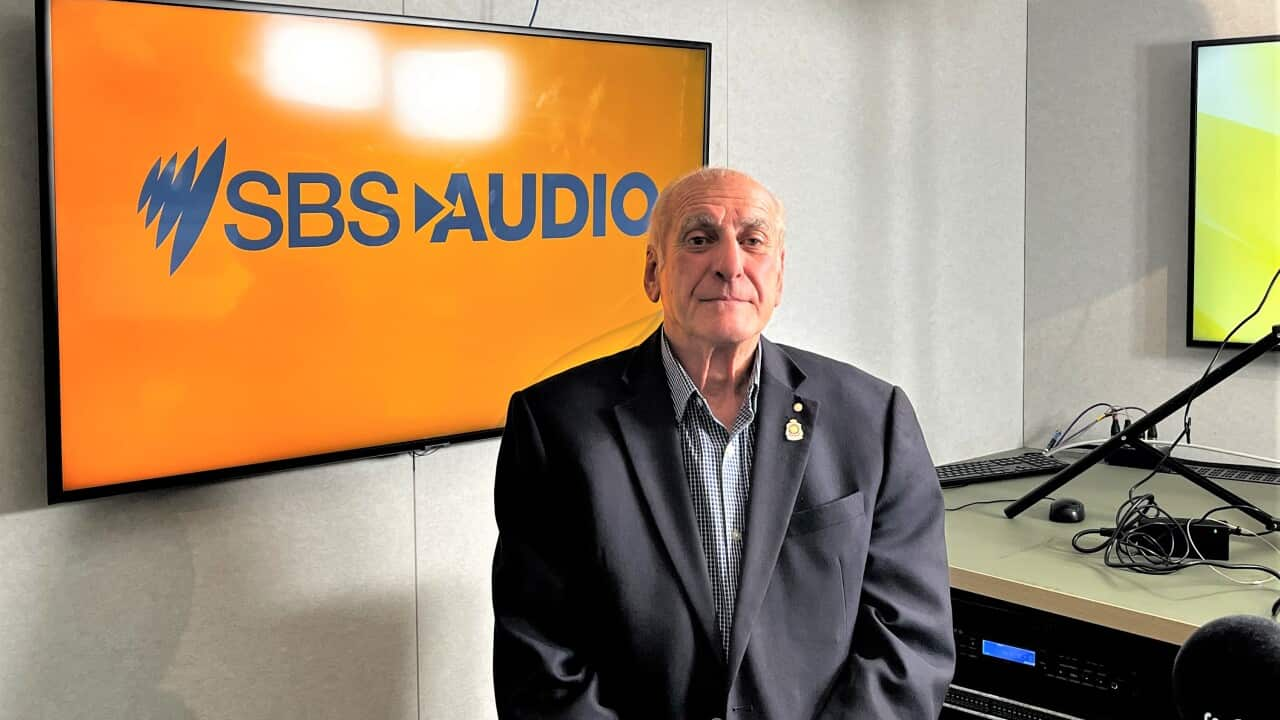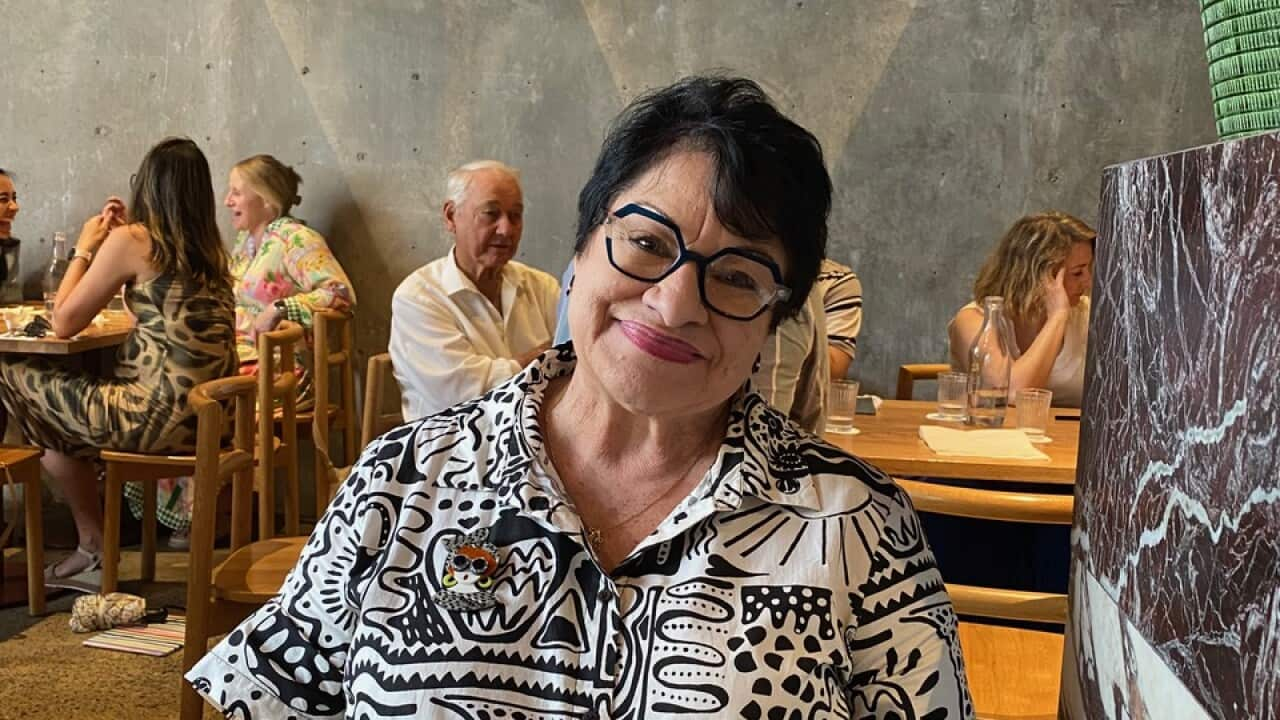Organised by the National Aborigines and Islanders Day Observance Committee, NAIDOC has its roots in activism that took place in the 1920s and 30s.
On Australia Day in 1938, protesters marched through Sydney in what was called a Day of Mourning. Its success led to the Day of Mourning being marked each year on the Sunday before Australia Day, in what became known as National Aborigines Day. That day of remembrance was eventually shifted to the month of July so the day of protest could also be one of celebrating Aboriginal culture.
In 1975, it was decided to turn the annual commemoration into a week-long event marked from the first to the second Sunday in July.

Co-Chair of the National NAIDOC Committee, John Paul Janke says the enduring quest for a treaty and for a process known as truth-telling is reflected in this year's theme: Voice. Treaty. Truth. Let's work together for a shared future.
"The NAIDOC Committee felt that those issues have been sort of bubbling away at the surface for generations. Aboriginal people have always been asking for a say in their own affairs and on issues that affect them and we've been asking for a treaty or similar agreement for generations and we believe that the best way to do that is to undergo a truth-telling exercise. So to tell the true history of this country and it's something that the NAIDOC Committee felt it's time to undertake."
He says what started as a protest movement is now a week of celebration.
"Today, it is used by Indigenous communities to still celebrate their survival but also to celebrate their rich history, their diverse cultures and also to share their knowledge. I think in the Indigenous community it's growing more than ever, each year the celebrations get bigger and bigger. In the non-Indigenous community, the celebrations are increasing and, in fact, a lot more non-Indigenous people and communities and organisations are celebrating NAIDOC using it as an opportunity, I think, to engage with the Aboriginal and Torres Strait Islander community."
You can read more about NAIDOC Week here.




